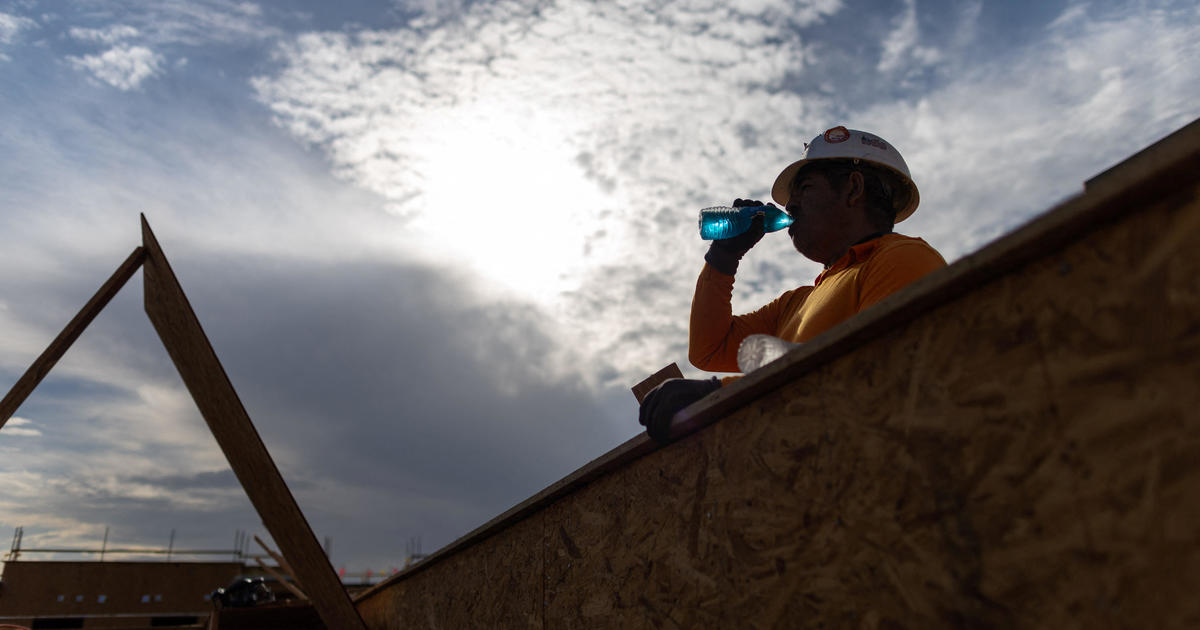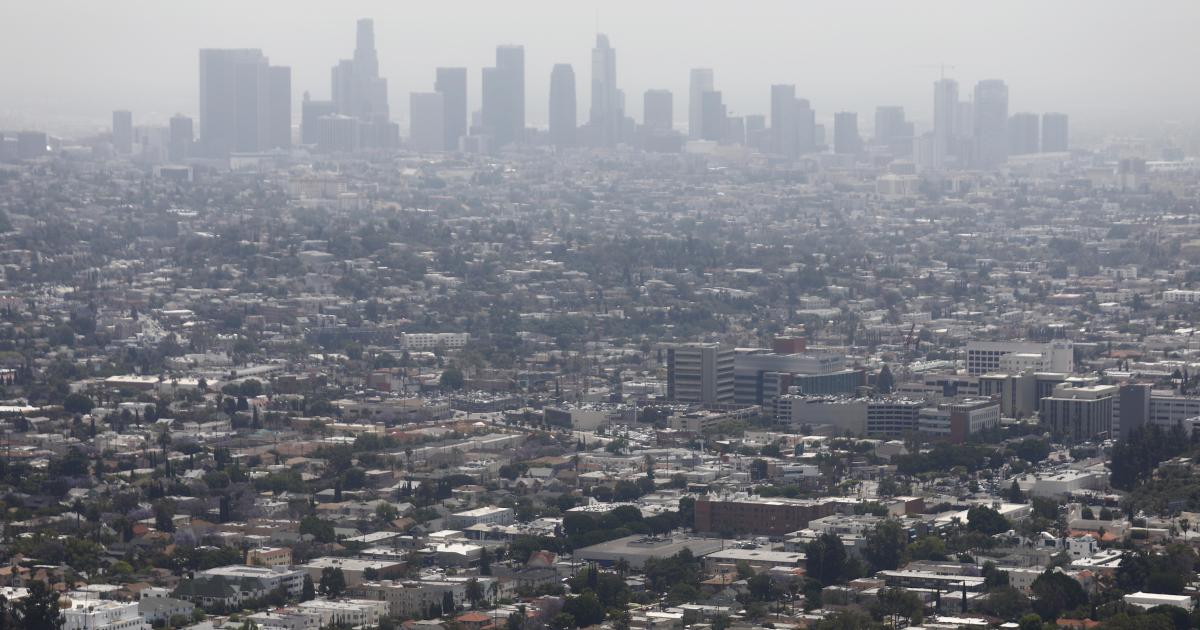Gas stoves are even worse for the climate than previously thought, study shows
Gas stoves are contributing more to global warming than previously thought because they constantly leak small amounts of methane even while they're off, a new study has found.
The same study also found that home stoves can emit high levels of nitrogen oxides, raising concerns about health and indoor air quality.
Even when they are not running, U.S. gas stoves are putting 2.6 million tons of methane — in carbon dioxide equivalent units — into the air each year, a team of California researchers found in a study published Thursday in the journal Environmental Science & Technology. That's equivalent to the annual amount of greenhouse gases from 500,000 cars or what the U.S. puts into the air every three-and-a-half hours.
That methane is on top of the 6.8 million tons of carbon dioxide that gas stoves emit into the air when they are in use and the gas is burned, the study found.
"We went into the study knowing there would be emissions when the flames were burning,... but we didn't expect to see as large a contribution from the off emissions," Rob Jackson, a Stanford University climate scientist and coauthor of the study, told CBS News.
Potent warming
Methane is a greenhouse gas that is dozens of times more potent than carbon dioxide. While it doesn't stay in the atmosphere nearly as long and isn't as plentiful in the air, it has an oversized impact on climate change. About a quarter of the earth's warming so far can be attributed to methane, scientists have said.
The researchers examined 53 home kitchens in California — many in bed and breakfasts they rented. They sealed most of the rooms in plastic tarps and then measured emissions when the stoves were working and when they were not. And they were surprised to find that most of the emissions occurred when the stoves were off. These are emissions that the Environmental Protection Agency doesn't account for, Jackson said.
"Methane leaks all over the supply chain — it leaks from oil and gas wells, it leaks from the pipelines — but very few people have measured emissions from stoves," Jackson said.
However, the EPA plans to start tracking these emissions this year, an agency spokesperson told the Washington Post.
"That's a big deal because we're trying to really reduce our carbon footprint and we claim that gas is cleaner than coal, which it is," study lead author Eric Lebel, a scientist at PSE Healthy Energy, an Oakland nonprofit, told the Associated Press. But he said much of the benefit disappears when leaks are taken into account.
Methane leak aren't dangerous to human health, unless the escaping gas is sufficient to cause an explosion, Jackson told CBS News.
Butt the researchers also found high levels of nitrogen oxides, more than 100 parts per billion, can build up within minutes of a stove's being turned on. Nitrogen oxides are irritants that can trigger asthma and difficulty breathing. Jackson said the EPA doesn't have indoor air quality standards for that gas, but the measurements they took exceed its outdoor air quality standards.
The exact impact of nitrogen oxide emissions will depend on the size of someone's kitchen, and whether the cook uses the hood on their stove while cooking. Most people don't, Jackson said.
"I was the same say, I never used my hood until we started this work," he said. "Now I nag people — never flip a burner on without flipping on the hood."
Cities ban gas stoves
Many communities have bans on gas stove use in future new construction that will take effect in future years, including New York City and the Bay Area cities of San Francisco, Oakland, San Jose, and Berkeley. The gas industry has pushed back against these bans, saying that gas appliances perform better.
"People can already choose electric appliances if they want," said Frank Maisano, a Washington policy and public relations expert who represents gas and appliance interests. "People just like gas appliances because they perform better, especially in colder climates."
"Natural gas appliances are generally more energy- and cost-effective than their electric counterparts," Maisano said.
The finding that methane leaks from homes fits with other work that has found big leaks accounting for a majority of emissions, Zachary Merrin, a research engineer with the Illinois Applied Research Institute's Indoor Climate Research & Training group, told the AP.
Merrin, who wasn't part of the study, said the emission of un-combusted methane is "clearly bad. From an emissions standpoint, cooking directly with gas is better than using a fossil fuel powered electric stove but worse than using a solar powered electric stove."
— CBS News' Irina Ivanova contributed reporting.



